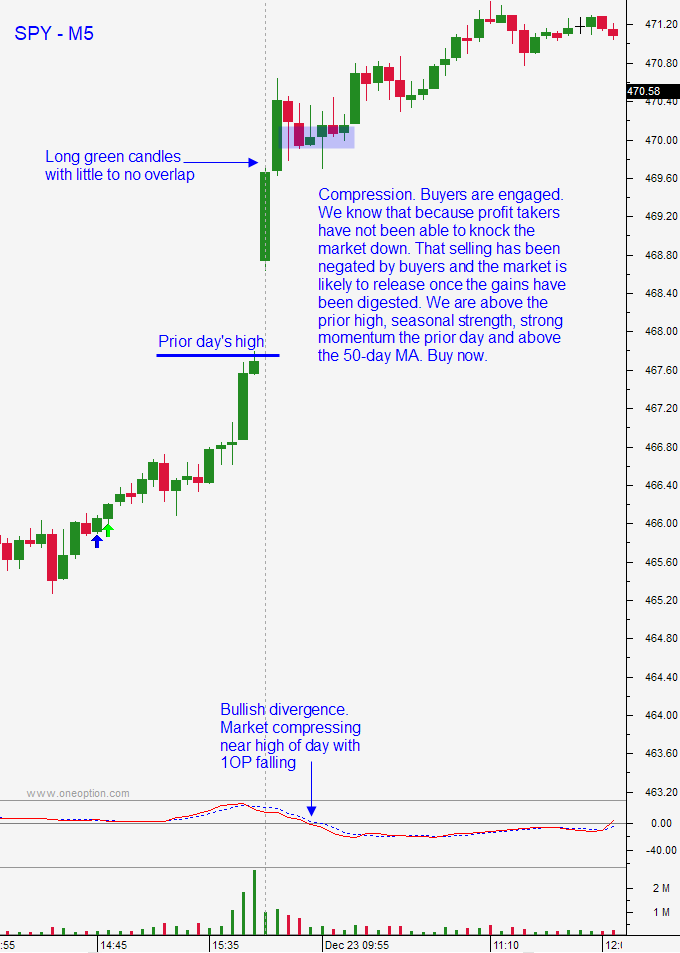Stock options are a wasting asset. From the day you purchase them, their value goes down if the stock stays flat. This is called the Time Premium Decay. Out of the money options are 100% time premium and this is also known as the option’s extrinsic value. An option with six months of life has a greater probability of crossing over the strike price and consequently it carries a greater amount of time premium. On the other hand, an option that is $3 out of the money with only has a few days of life has very little time premium. The probability that the stock will cross over the strike price diminishes with every hour that passes. Consequently, stock options that have less than one month of life experience accelerated time decay. You can actually see the time premium wither away on expiration Friday. Theta measures the dollar decline in the price of an option for every day that passes. If an option had a $.05 Theta, the stock-option would lose a nickel a day if the stock stayed flat. Theta belongs to a group of option measures called “the Greeks”. Option sellers take advantage of accelerated time decay and they focus on front month options. Conversely, option buyers focus on options that have more time so that they are not fighting time decay. They give themselves plenty of time to be right. There are rare instances where it might make sense to buy an option with only a few days left until expiration. The probability for the move has to be very high and the timing has to be perfect.
Time Premium Decay
Definitions
January 2, 2009
2 min read









